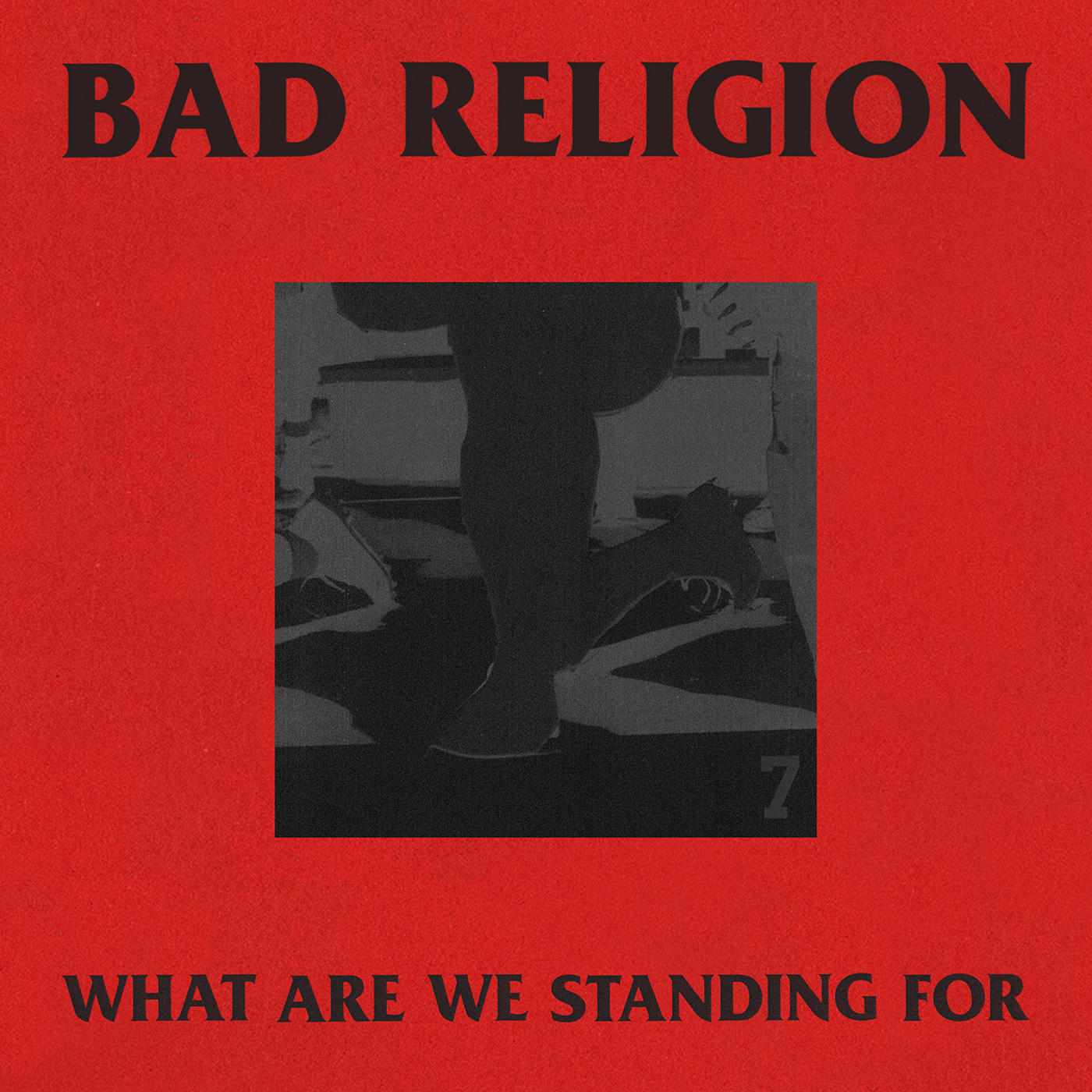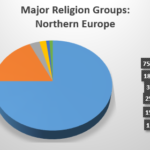Understanding Bad Religion: Causes, Impact, and How to Respond

Introduction
Throughout history, religion has played a central role in shaping cultures, communities, and individual lives. However, not all religious expressions are beneficial. Bad religion refers to forms of religious belief or practice that cause harm, manipulate individuals, suppress critical thinking, or foster division and injustice. Understanding what constitutes bad religion is essential for individuals seeking a healthy spiritual life and for communities aiming to promote ethical and inclusive values. This article examines the core characteristics of bad religion, its consequences, and actionable steps for recognizing and responding to its influence.
What Is Bad Religion?
Bad religion does not refer to a specific faith or denomination. Instead, it describes harmful expressions of religiosity that undermine human dignity, restrict freedom, and often serve the interests of those in power. These forms of religion may misuse spiritual authority to control others, enforce rigid dogma, or justify unethical behavior. In some contexts, bad religion is marked by hypocrisy, where leaders or adherents claim moral superiority while violating the very principles they espouse [2] .

Source: pixabay.com
Key Characteristics of Bad Religion
While bad religion can manifest in various ways, several characteristics are commonly observed:
1. Control and Manipulation
A core feature of bad religion is the use of spiritual authority to control, coerce, or manipulate individuals. This control may appear as demands for unquestioning obedience, threats of punishment for dissent, or the suppression of personal autonomy. In some traditions, concepts like “submission” are used to justify hierarchical power dynamics, often to the detriment of individual well-being [2] .
Example:
A religious leader insists that members surrender their finances or personal freedoms “for the sake of faith,” discouraging independent thought or inquiry.
Practical guidance: If you feel pressured to obey without question or are discouraged from seeking outside perspectives, consider reaching out to trusted friends, counselors, or community leaders for support.
2. Obsession with Rules and Dogma
Bad religion often places excessive emphasis on external rules, rituals, and codes of conduct, sometimes at the expense of compassion or justice. These rules may concern dress, diet, behavior, or association, and are used to determine who belongs and who is excluded. Such an obsession can foster an environment of judgment, anxiety, and exclusion [2] .
Example:
A community strictly enforces dress codes or bans certain personal activities, using these external markers as indicators of spiritual worthiness.
Implementation steps: Reflect on whether the rules you encounter serve genuine well-being or simply reinforce control. Open discussions with diverse faith communities can offer a broader perspective on healthy spiritual practice.
3. Dogmatism and Suppression of Thought
Another hallmark of bad religion is a rigid, dogmatic approach that discourages questioning or critical thinking. Followers may be told to “have faith” rather than seek understanding, and doubts or alternative viewpoints are often unwelcome. This environment stifles intellectual and spiritual growth and can isolate individuals from broader society [4] .
Example:
Members are discouraged from reading non-approved texts or engaging in dialogue with those of different beliefs.
Alternative approach: Seek communities that encourage open inquiry and respect diverse perspectives. If in doubt, consult educational resources or interfaith organizations for support.

Source: alamy.com
4. Exploitation and Abuse
History records numerous instances where religious structures have been exploited for personal or institutional gain, resulting in abuse, financial exploitation, or cover-ups of misconduct. This can include emotional, psychological, or even physical harm to vulnerable individuals [5] .
Example:
Cases of abuse within religious institutions that are hidden or ignored to protect the organization’s reputation.
What you can do: If you suspect abuse or exploitation, you can contact local authorities or seek help from organizations specializing in advocacy for victims of religious abuse. Searching for “religious abuse support” along with your city or state may help you find relevant resources.
5. Division, Prejudice, and Violence
Bad religion frequently fosters division by labeling outsiders as inferior, dangerous, or damned. In extreme cases, it is used to justify violence, discrimination, or the marginalization of minority groups. Throughout history, religious dogma has been invoked to legitimize wars, persecute marginalized communities, and suppress dissent [3] .
Example:
Religious rhetoric has been used to justify acts of violence or discrimination against individuals based on gender, ethnicity, or belief.
Actionable steps: Stand against hate by supporting organizations that promote tolerance and inclusion. Engage in interfaith dialogue and support anti-discrimination initiatives in your community.
How to Recognize and Respond to Bad Religion
Recognizing bad religion requires vigilance and self-awareness. Here are steps you can take:
1. Educate Yourself
Familiarize yourself with the core teachings of various religions and compare them to the practices you observe. Many faith traditions advocate for compassion, justice, and humility. If you notice significant discrepancies, it may be a sign of unhealthy religious expression. Searching for reputable books, academic articles, and interfaith resources can deepen your understanding.
2. Seek Diverse Perspectives
Engage in conversations with individuals from different religious backgrounds. This helps challenge stereotypes and exposes you to a broader range of spiritual experiences. Community centers, public libraries, and online forums can be starting points for respectful dialogue.
3. Trust Your Instincts
If you feel unsafe, manipulated, or pressured within a religious context, listen to your intuition. Speak with trusted friends, mental health professionals, or local support organizations. You can look up “spiritual abuse help” or “religious trauma recovery” to find relevant support services in your area.
4. Advocate for Reform and Accountability
Where possible, work toward positive change within religious organizations. This may include supporting transparency, promoting ethical leadership, and advocating for the protection of vulnerable members. Many faith communities have internal mechanisms for reporting misconduct-ask about these processes or consult denominational offices.
Common Misconceptions About Bad Religion
Bad religion is not the same as religious doubt or spiritual struggle. Questioning one’s beliefs and growing through doubt is a normal part of spiritual development. Bad religion is marked by patterns of exploitation, control, or harm, rather than honest inquiry or disagreement.
Bad religion is not exclusive to any one tradition. It can appear in any religious or spiritual context, regardless of doctrine or history.
Building Healthy Religious and Spiritual Communities
Healthy religion encourages critical thinking, compassion, humility, and a sense of shared humanity. It recognizes the dignity and worth of every individual, supports personal growth, and works toward the common good. To foster such environments:
- Promote open dialogue and respect for diverse experiences
- Encourage transparency and accountability in leadership
- Support education and ethical reflection
- Address injustice and advocate for the vulnerable
By prioritizing these values, communities can guard against the dangers of bad religion and nurture authentic spiritual growth.
Key Takeaways and Next Steps
Bad religion is characterized by control, dogmatism, exploitation, and division. Recognizing its signs is the first step to protecting yourself and promoting healthier faith experiences. If you encounter harmful religious practices, you can:
- Educate yourself and seek alternative perspectives
- Reach out to support networks or advocacy organizations
- Engage in open, respectful dialogue with others
- Promote ethical reform within your community
If you need immediate support or guidance, consider contacting local mental health professionals, community centers, or searching for “spiritual abuse recovery” resources relevant to your area.






